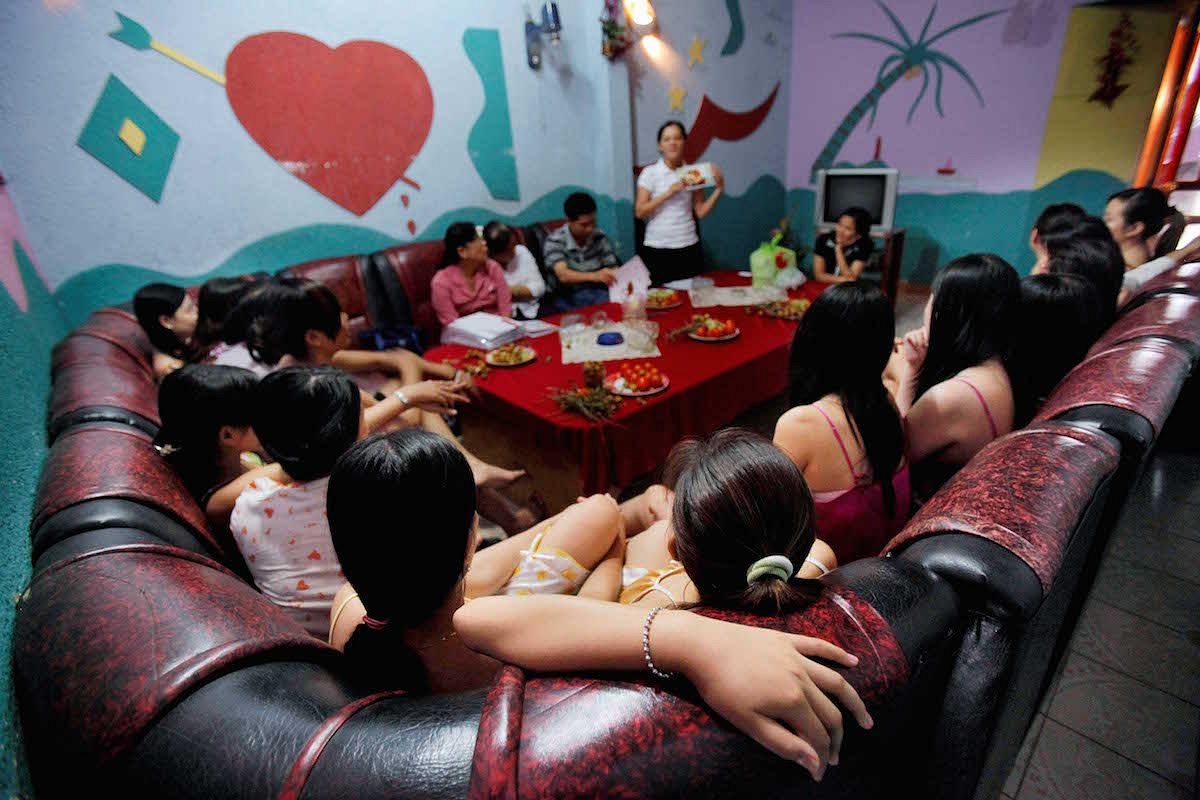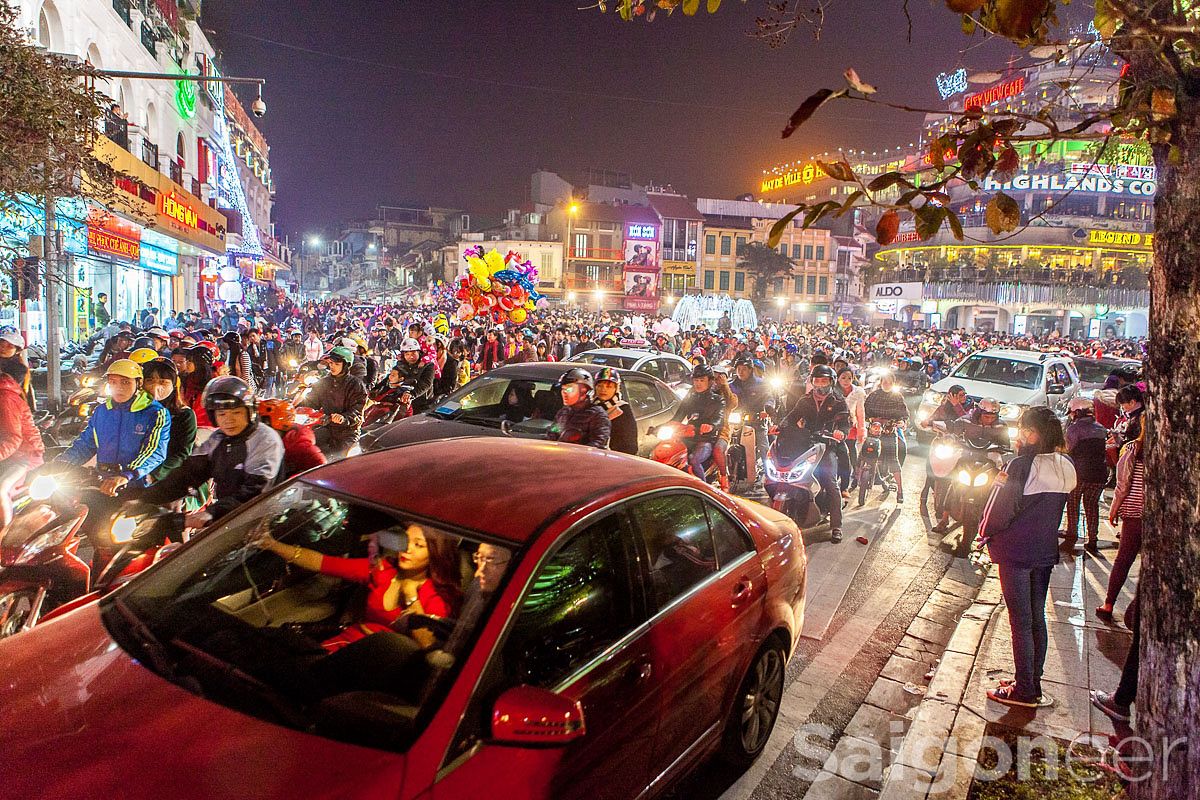There are more than 100,000 sex workers in Vietnam, according to a recent study published by the International Labor Organization (ILO).
The study, released last week, estimated the number of local sex workers at 101,300, while official estimates put the number at roughly 33,000, according to The Diplomat.
Through in-depth interviews with male, female and transgender sex workers, pimps and local authorities, researchers found that most sex workers entered the industry voluntarily; however poor working conditions and occupational hazards continue to put all sex workers at risk.
“The main motivation for [sex workers] to enter the sex industry was their increasing burden of financial responsibility, and many of them had done other informal jobs before deciding that sex work was better among other options available to them at that time,” said Pham Thi Thanh Huyen, national coordinator for ILO’s project to improve the working conditions of local entertainment workers, with a specific focus on HIV prevention.
Regardless of a sex worker’s reasons for choosing the profession, however, only a few interviewees told ILO they have control over their occupational health and safety. Almost all workers reported threats or fear of violence from clients, pimps, establishment owners and even fellow prostitutes.
Additionally, many pimps interviewed in the study noted the “heavy” workload of local sex workers. A single-venue, full-time worker may put in 10-12 hours a day, with the average female sex worker serving between six and 10 clients a day, while male sex workers tend to average between three and 10 clients. Some female workers reported serving up to 30 clients a day.
ILO also found that contraceptives are little-used among local sex workers, resulting in the prevalence of HIV/AIDS among this group. According to The Diplomat, as many as 40% of sex workers are HIV-positive, and female sex workers are among the groups most vulnerable to contracting HIV, along with drug users and homosexual men.
Heavy alcohol consumption and frequent intercourse also put local sex workers at risk; and many suffer from stress and other mental health issues. Further marginalizing local sex workers is the fact that prostitution is illegal in Vietnam and often considered a “social evil” by both local authorities and the general public.
In 2013, government officials axed mandatory rehabilitation for sex workers, The Diplomat reports, and instead began fining those caught by the authorities between US$25 and US$100. This move has since ignited debate over whether prostitution should be legalized.
While there is still strong opposition to the idea, attitudes toward prostitution among sex workers and authorities have changed. Sex workers have begun to speak out about the violence and humiliation to which they are often subjected, while authorities in major cities like Saigon have proposed the establishment of “red zones” similar to Singapore’s Geylang red light district in order to regulate the sex industry.
Still, some are worried about the repercussions of legalizing prostitution, especially if such a measure is not coupled with effective policies to combat human trafficking.
[Photo via Washington Times]














